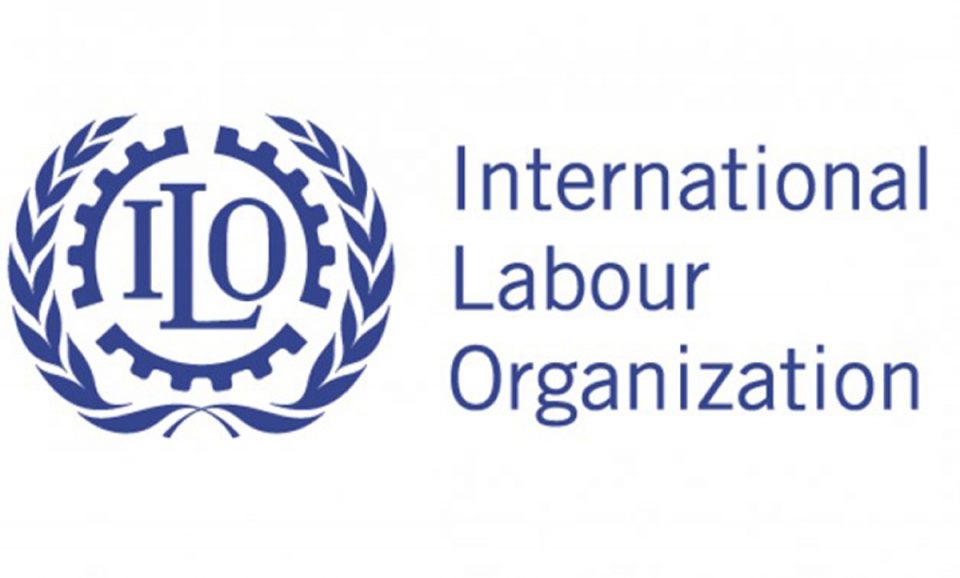A ground-breaking study reveals that seven in 10 workers are self-employed or in small businesses, a finding that has significant implications for employment and enterprise support policies world-wide.
According to the new International Labour Organisation (ILO) estimates, self-employment, micro and small enterprises play a far more important role in providing jobs than previously believed.
The Data, gathered in 99 countries, found that the so-called ‘small economic units’ together account for 70 per cent of total employment, making them by far the most important drivers of employment.
The findings have “highly relevant” implications for policies and programmes on job creation, job quality, start-ups, enterprise productivity and job formalisation, which, the report says, need to focus more on these small economic units.
The study also found that an average of 62 per cent of employment in these 99 countries is in the informal sector, where working conditions in general tend to be inferior, (i.e. a lack of social security, lower wages, poor occupational safety and health and weaker industrial relations).
The informality level varies widely, ranging from more than 90 per cent in Benin, Cote d’Ivoire and Madagascar to less than five per cent in Austria, Belgium, Brunei Darussalam and Switzerland.
The information is published in a new ILO report, Small matters: Global evidence on the contribution to employment by the self-employed, micro-enterprises and SMEs.
The report finds that in high-income countries, 58 per cent of total employment is in small economic units, while in low and middle-income countries, the proportion is considerably higher.
In countries with the lowest income levels, the proportion of employment in small economic units is almost 100 per cent, the report says.
ILO estimates draw on national household and labour force surveys, gathered in all regions except North America, rather than using the more traditional source of enterprise surveys that tend to have more limited scope.
“To the best of our knowledge, this is the first time that the employment contribution of so-called small economic units has been estimated, in comparative terms, for such a large group of countries, particularly low and middle income countries,” said Dragan Radic, Head of the ILO’s Small and Medium Enterprises Unit.
The report advises that supporting small economic units should be a central part of economic and social development strategies.
It highlights the importance of creating an enabling environment for such businesses, ensuring that they have effective representation and that social dialogue models also work for them.
Other recommendations include understanding how enterprise productivity is shaped by a wider “ecosystem“, facilitating access to finance and markets, advancing women’s entrepreneurship, and encouraging the transition towards the formal economy and environmental sustainability.



